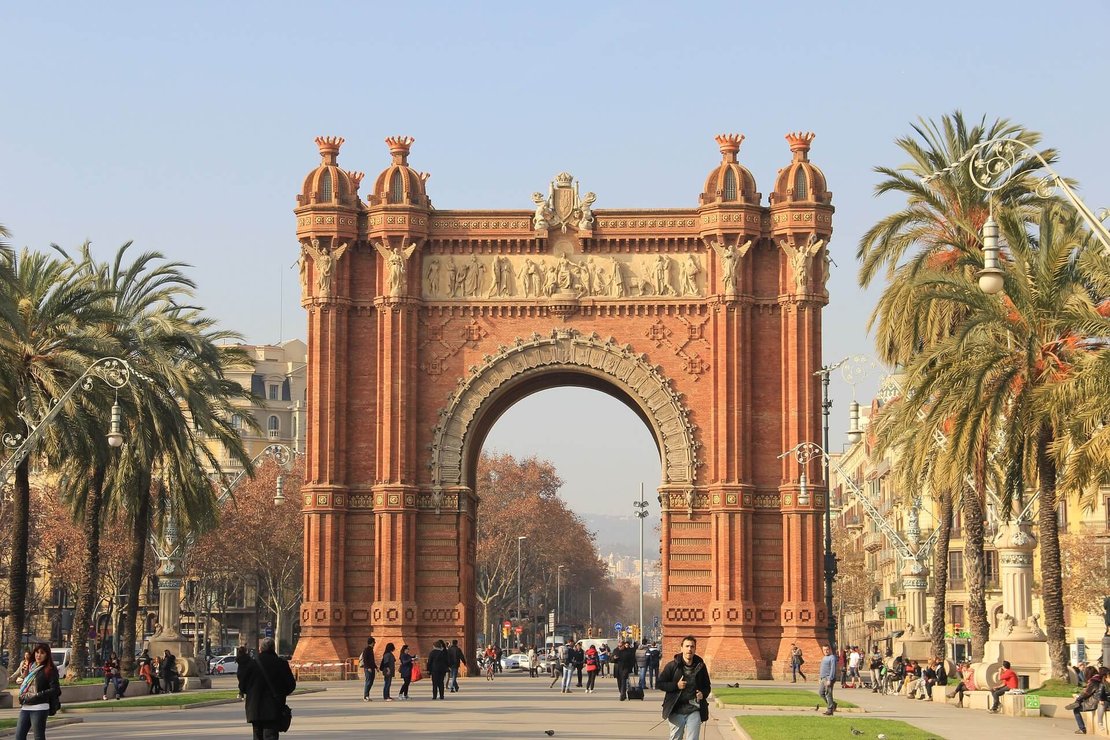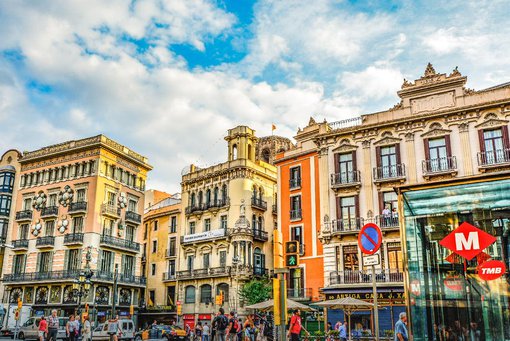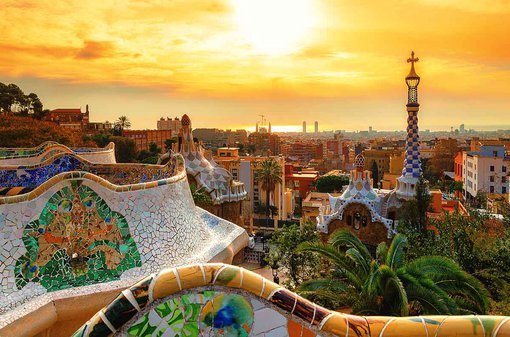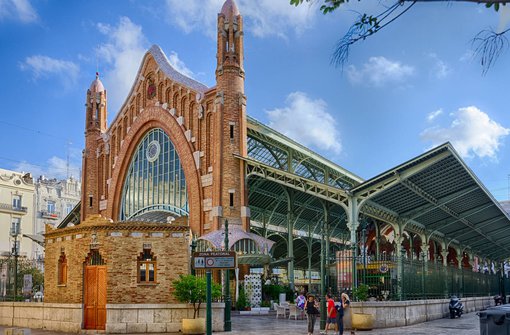Languages Spoken in Spain

The Spanish language, which originated in Spain, has a long history of evolution and a rich cultural heritage. As a result, there are now many different varieties of Spanish spoken around the world. The official national language of Spain is Castilian Spanish. Even so, there are more co-official languages used throughout Spain's several culturally distinct areas that play a significant role in the heritage of the Spanish people.
Here are the languages spoken in Spain:
Spanish (Castilian)
The term Castilian is used to describe the Spanish language in Spain. The province of Castile in central Spain, where this language first appeared, is where the word Castilian originates.
With between 3,000 and 4,000 Arabic words, Castilian is a Romance language that developed as a dialect in Cantabria, in northern Spain. It became the state's official language in the Middle Ages after it united with the Kingdom of Castile and León.
The most frequent language and the sole language shared by all of Spain's regions is Castilian. Castilian is always the language of choice in all public signs, government institutions, and educational settings. It has 45 million speakers and it’s spoken in all regions of Spain.
Catalan
Another Romance language that is spoken in Spain, notably in the northeastern region of the country known as Catalonia, is Catalan. Together with Castilian and Aranese, Catalan is one of the three co-official languages of Catalonia. Catalan's history dates back to the eighth century, and it began to spread southward in the 12th century. Catalan was recognized as a distinct language and declared the official tongue of Catalonia in 1979 and 1983.
Further to Valencia in southeast Spain, Alghero on the Italian island of Sardinia, the Balearic Islands, and the south of France, Catalan is also spoken in the east of Aragon in northeastern Spain. Several dialects of Catalan exist in these areas, and some speakers even believe their language to be distinct from Catalan (this is the case of some speakers of Valencian). Catalan is currently spoken by 16% of Spanish people, and 8.45% of them are native speakers.
Here’s a few basic expressions in Catalan:
- Hola - Hello
- Adéu - Goodbye
- Com estàs? - How are you?
- Gràcies - Thank you
- Català - Catalan
Galician
Galician, a Romance language, is largely spoken in Galicia, which is located in Spain's northwest. Galician is spoken by around 5.6% (2.6 million people) of Spain's total population. Galician and Portuguese are related in origin and have numerous similarities. Although the grammar and vocabulary are relatively the same, the pronunciation has changed.
Here’s a few basic expressions in Galician:
- Ola - Hello
- Como estás? - How are you?
- Adeus - Goodbye
- Grazas - Thank you
- Galego - Galician
Basque
The Basque language, with over 700,000 native speakers, is spoken in the Basque Country in northern Spain. From a linguistic perspective, Basque is a language isolate that has nothing to do with any other living language or other European languages. The Basque Country is dominated by Basque nationalism. Those who are willing to learn one of the most challenging languages in the world will be admired by many locals.
Here’s a few basic expressions in Basque:
- Kaixo - Hello
- Zer moduz? - How are you?
- Agur - Goodbye
- Eskerrik asko - Thank you
- Euskara - Basque
Aranese (Occitan)
Aranese (or Occitan) is a Romance language that is mostly spoken in the Val d'Aran, the South of France, Monaco, and in some regions of Italy. Aranese and Catalan have a genetic origin and are closely linked, sharing many language traits. Aranese was regarded as a dialect in Spain, up until the Catalan Parliament proclaimed it the region's official tongue in 2010.
Although being in danger of becoming extinct, Aranese is thriving better than many other Occitan dialects since it is spoken fluently by almost half of the population in Val D'Aran. It is taught in school and used frequently in daily life. There are only 1.5 million speakers of Aranese in Europe, with less than 3,000 of them living in Spain.
Here’s a few basic expressions in Aranese:
- Adiu - Hello or goodbye
- Com vas? - How are you?
- Merci - Thank you
- Aranés - Aranese
Arabic
For hundreds of years, the Iberian Peninsula's primary language was Arabic. The majority of Spain and Portugal came under the dominion of Islamic conquistadors in the seventh century. At its height, Al-Andalus, as the region came to be known, was among the richest places on earth.
Despite the fact that al-Andalus has been gone for more than 500 years, the time has had a significant impact on Spanish, as seen in loanwords like almohada (pillow) and naranja (orange). Currently, Arabic is once more one of Spain's major languages. It is commonly spoken by citizens of Ceuta, one of the two Spanish colonies in North Africa (the other is Melilla), as well as a rising number of Moroccan immigrants in Spain.
Other Languages Spoken in Spain
The United Nations estimates that 13% of Spain's population, or close to 6 million immigrants, were living here in the beginning of 2018. English, French, and Romanian are the three foreign languages most often spoken in Spain. 11.7% of people in Spain are native English speakers or speak it as a second language.
Here’s a list of languages spoken in Spain:
| Language | Percentage |
| Spanish | 94% |
| English | 12% |
| French | 6% |
| Romanian | 3% |
| Italian | 2% |
| Portuguese | 1.5% |
| German | 1% |
| Other | 1% |
Barcelona is home to 1.6 million persons from 175 different nationalities, 20% of them are foreign citizens. Therefore, 300 different languages are spoken in Barcelona.


